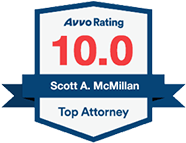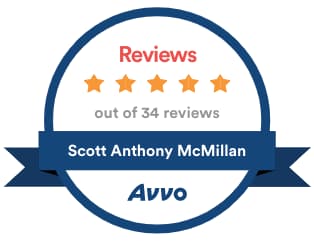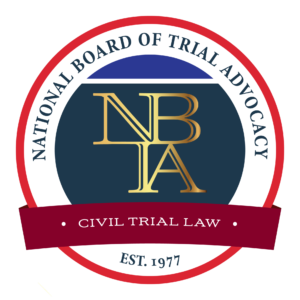Business Entity Formation
The McMillan Law Firm is skilled at providing assistance and legal advice with respect to the process of forming business entities, such as corporations, limited liability companies and nonprofit organizations. Whatever your reasons might be, The McMillan Law Firm will be able to provide prudent advice to assist you in determining the best business entity to suit your needs. The following are a few of the types of business entities that we commonly assist clients form:
- Corporations
- Limited liability companies (LLC)
- Limited partnerships (LP)
- Nonprofit organizations
Facts About Corporations
A corporation is a business entity with a legal existence that is separate and distinct from that of its owners. The corporation is owned by shareholders and managed by its board of directors. The managers of the corporation (e.g., CEO, CFO, COO, CIO) manage the day-to-day activities of the corporation.
A business owner who chooses to incorporate makes a wise choice indeed, as a properly formed and administrated corporation provides a powerful legal shield against owner liability. Thus, if a corporation is sued, it is the corporation that is the defendant and not its owners. For example, if John owns an auto repair business as a sole proprietor, John is personally liable for the debts of this business, as well as for defending lawsuits that his business may face during the course of the business’s operations. However, if John incorporates his business, as, say, John’s Auto Repair, Inc., the incorporated business will be liable for the debts that it incurs as well as for lawsuits that it may be involved in – John himself will not be liable.
Facts About Limited Liability Companies
Limited liability companies (LLC) retain characteristics of partnerships or sole proprietorships and corporations. Like partnerships and sole proprietorships, business owners provide information on their personal income taxes and returns about the income of their company. Like corporations, no one individual is liable for any debts or claims on the part of the company.
Limited liability companies can be owned by as little as one person. Most individuals start LLCs as a means of avoiding personal liability lawsuits.
An LLC is formed by filing articles of organization with the Secretary of State.
Facts About Limited Partnerships
Limited partnerships (LP) are created where a sole proprietor seeks outside investments from other individuals but wishes to retain controls over the day to day operations of their company.
Limited partnerships have outside investors who invest money in the company but have no control over the day to day operations and in return assume no responsibility over liability issues. The general partner of the business runs the day to day operations and assumes responsibility for liability issues.
This form of legal ownership can be very costly for small business owners.
Facts About Nonprofit Organizations
Nonprofit organizations work on the behalf of various groups in our society and can be beneficial in creating support for the disenfranchised.
Nonprofits are tax-exempt organizations. They claim 501(c)(3) status which entitles the nonprofit organization to be exempted from all taxes for any income generated as well as tax breaks for any organizations involved in charitable donations to a non-profit.
Like an LLC, a nonprofit organization also claims limited liability protecting the individuals who work from the nonprofit for any personal liability with the exception of personal injury to someone, default on a loan, intentional fraud, co-mingling personal and nonprofit funds.

Call Now For A Case Evaluation
(619) 464-1500







